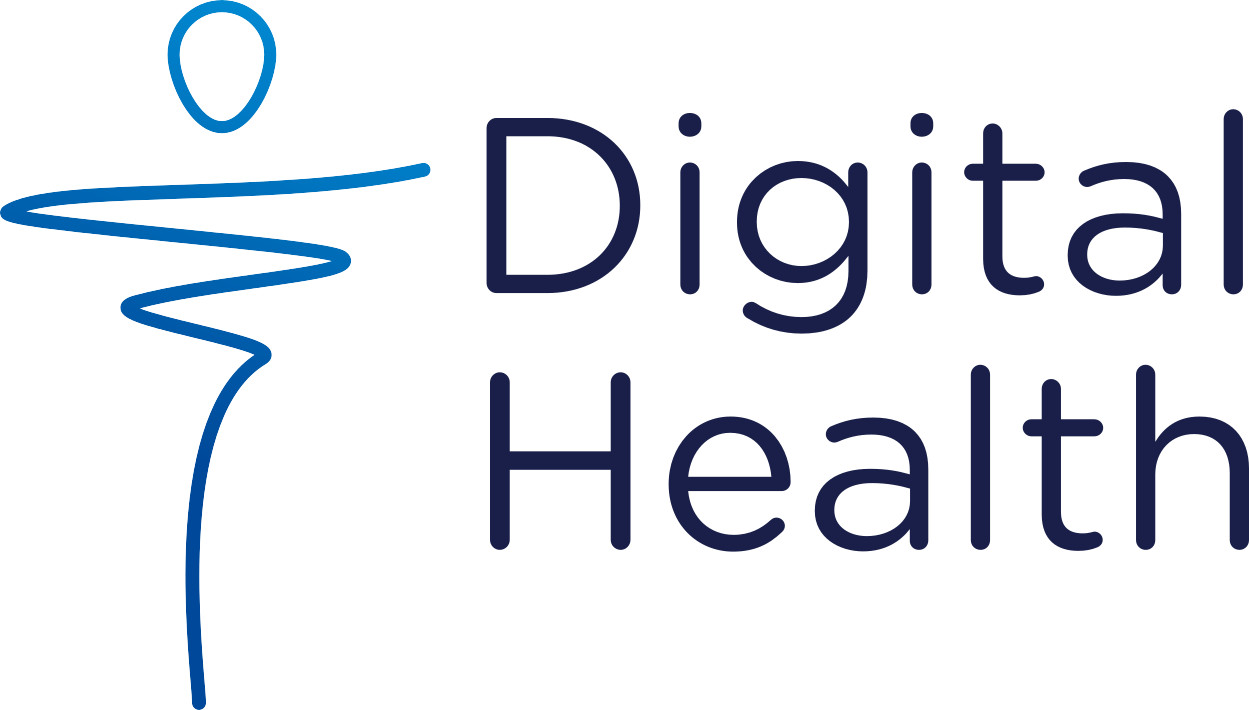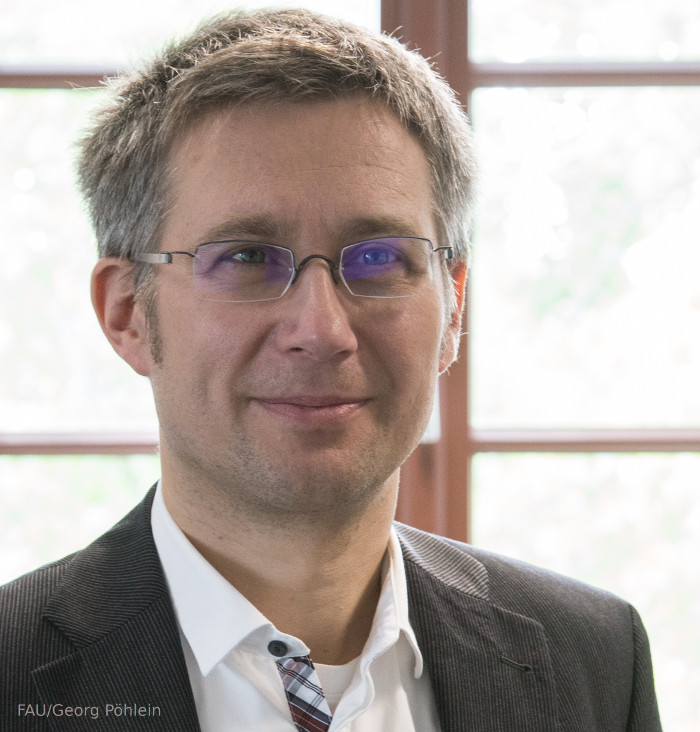Paper: Estimating wearable motion sensor performance from personal biomechanical models and sensor data synthesis
In the paper “Estimating wearable motion sensor performance from personal biomechanical models and sensor data synthesis”, we present a fundamentally novel simulation methodology to estimate the performance of wearable motion sensors using personalised biomechanical models and sensor data synthesis. The presented method was used in two case studies, including running athletes and hemiparetic patients after stroke. The results of our investigation open a new avenue for digital twin models in wearable system planning and performance estimation before physical prototypes are made.
Abstract
We present a fundamentally new approach to design and assess wearable motion systems based on biomechanical simulation and sensor data synthesis. We devise a methodology of personal biomechanical models and virtually attach sensor models to body parts, including sensor positions frequently considered for wearable devices. The simulation enables us to synthesise motion sensor data, which is subsequently considered as input for gait marker estimation algorithms. We evaluated our methodology in two case studies, including running athletes and hemiparetic patients. Our analysis shows that running speed affects gait marker estimation performance. Estimation error of stride duration varies between athletes across 834 simulated sensor positions and can soar up to 54%, i.e. 404 ms. In walking patients after stroke, we show that gait marker performance differs between affected and less-affected body sides and optimal sensor positions change over a period of movement therapy intervention. For both case studies, we observe that optimal gait marker estimation performance benefits from personally selected sensor positions and robust algorithms. Our methodology enables wearable designers and algorithm developers to rapidly analyse the design options and create personalised systems where needed, e.g. for patients with movement disorders.
More information and videos: See Research page.
Reference
[publication-list ids=”2BI7HJZC”]
The full text is available as open access publication here: https://www.nature.com/articles/s41598-020-68225-6
Contact
Adrian Derungs
- Job title: Researcher
- Phone number: +49 9131 85-23605
- Email: adrian.derungs@fau.de
Prof. Dr. Oliver Amft
- Job title: Director
- Phone number: +49 9131 85-23601



